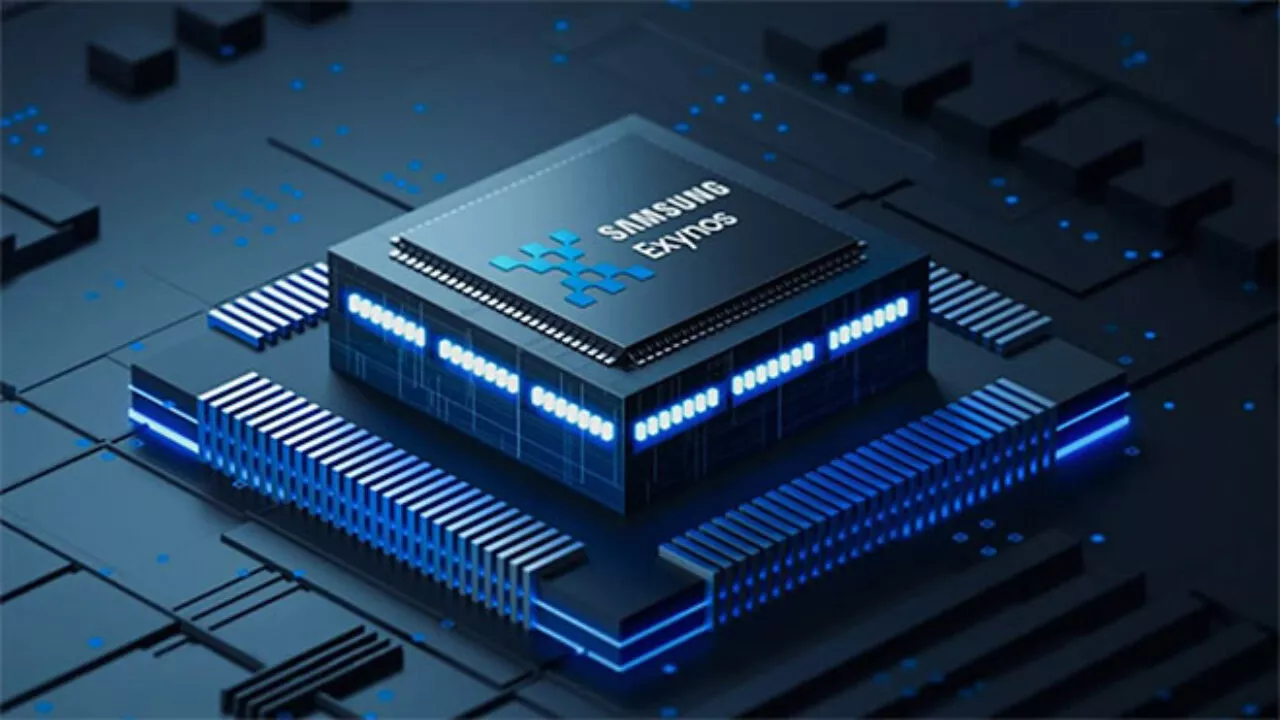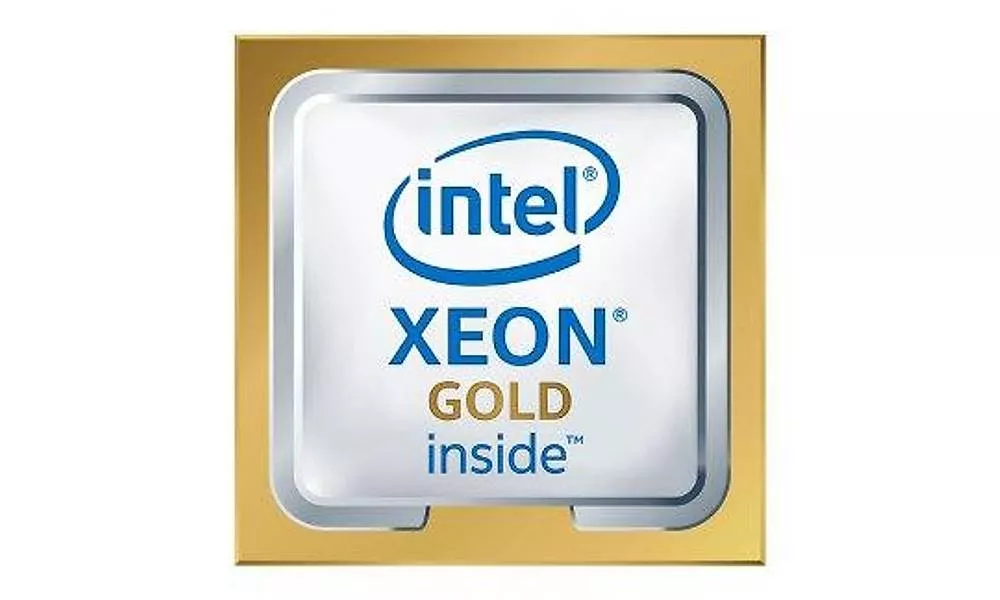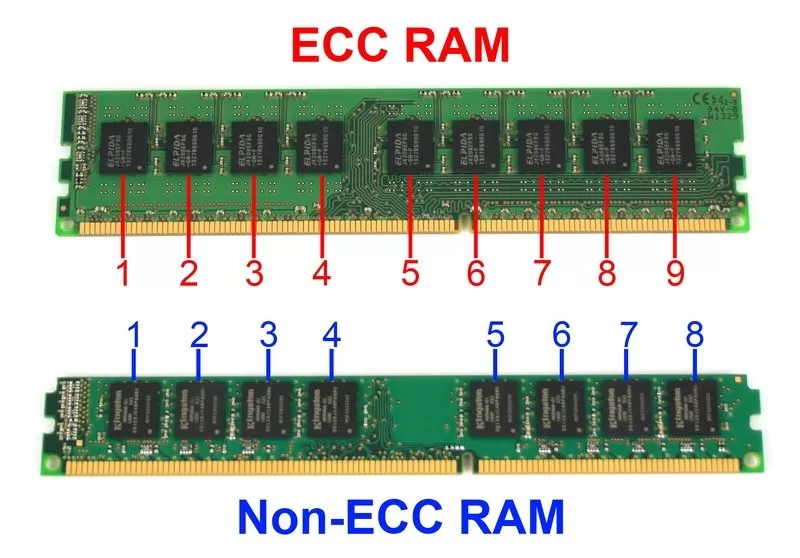Intel Xeon Gold and Platinum vs. AMD EPYC: Samsung’s Relationship, Manufacturing and Competition

Intel Xeon Gold, Platinum, and AMD EPYC Processors: Samsung's Role, Production, and Market Competition
Intel Xeon Gold and Platinum Series Processors
Intel Xeon Gold and Platinum processors are high-end server processors designed for data centers, cloud, and enterprise applications. Launched in 2017, Xeon Gold processors provide scalability up to 4 sockets, featuring high core counts and robust clock speeds. Xeon Platinum processors represent Intel’s premium line, scaling up to 8 sockets, offering maximum core counts, the highest memory bandwidth, and advanced features like Intel Deep Learning Boost and Optane Persistent Memory.
Technical Features: Xeon processors support 40-60 cores (up to 60 cores in Sapphire Rapids 5th Gen), DDR4/DDR5 memory, and advanced AI accelerators.
Advantages: Intel Xeon offers exceptional reliability, robust security (Intel SGX), and superior single-core performance beneficial for database and enterprise applications.
Use Cases: Widely used in corporate servers, cloud infrastructure, financial systems, and HPC (High-Performance Computing).
AMD EPYC Processors
AMD EPYC processors, introduced in 2017, are notable for high core counts, superior memory bandwidth, and advanced security features. EPYC processors offer up to 96 cores per socket (Genoa series), extensive DDR5 memory support, and PCIe 5.0 lanes.
Technical Features: EPYC processors provide extensive scalability with high core counts, massive memory bandwidth, and PCIe lanes suitable for demanding workloads.
Advantages: AMD EPYC processors are highly cost-effective, delivering excellent price-performance ratios and superior energy efficiency.
Use Cases: EPYC processors are preferred by major cloud providers (AWS, Azure, Google Cloud) and used in supercomputers like Frontier.
Samsung’s Relationship with Intel Xeon and AMD EPYC
Samsung plays an essential yet indirect role in the ecosystem of these processors. Samsung's 14nm FinFET technology was indirectly used for AMD EPYC Rome and Milan processors' I/O dies. Future AMD products may also utilize Samsung’s advanced 3nm Gate-All-Around (GAAFET) technology.
Samsung significantly contributes with high-performance DRAM and SSD storage solutions optimized for both Intel Xeon and AMD EPYC processors. Samsung’s PM1733 PCIe 4.0 SSDs and high-density DDR4 modules are examples of products enhancing processor capabilities.
Additionally, Samsung collaborates with AMD for telecom and networking solutions, notably demonstrated by the successful 5G Open RAN data calls powered by AMD EPYC processors.
Technical Comparison (Xeon vs EPYC)
Core Counts: AMD EPYC generally provides more cores than Intel Xeon.
Single-Core Performance: Intel typically excels in single-core performance and frequency.
Memory and I/O: AMD EPYC processors offer more PCIe lanes, enhancing GPU and NVMe SSD connectivity.
Security and Virtualization: Both processors have robust security solutions (Intel SGX, AMD SEV).
Price-Performance: AMD EPYC currently leads in overall price performance, especially in multi-threaded applications.
Market Competition and Trends
Traditionally dominated by Intel, the processor market has seen significant shifts due to AMD EPYC’s rise. AMD’s expanding presence has driven Intel to enhance innovation, pushing processor technology further. Samsung’s role as a foundry partner adds another dimension, potentially reshaping future market dynamics.
Conclusion
Intel Xeon Gold, Platinum, and AMD EPYC processors are critical in shaping the modern computing landscape. Samsung’s contributions in production technology, memory, and storage complement these processors, enhancing their capabilities. The competition between Intel and AMD stimulates innovation, ultimately benefiting enterprise customers seeking performance, security, and efficiency.


